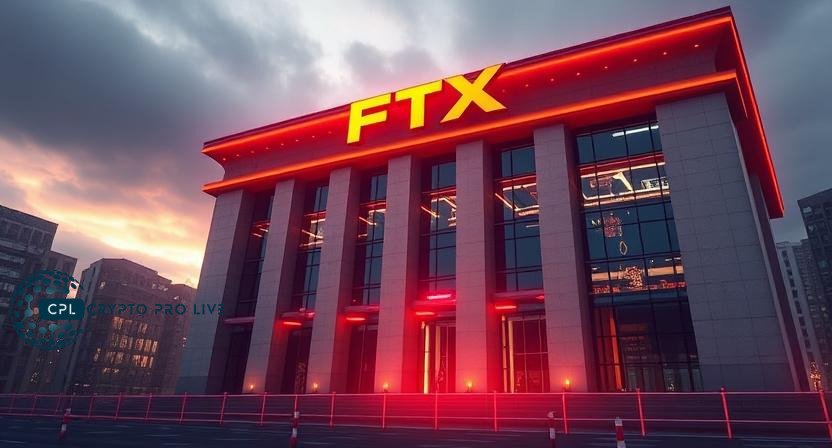In a landmark decision on October 7, 2024, FTX received court approval for its bankruptcy plan, enabling the collapsed cryptocurrency exchange to repay up to $16.5 billion to its creditors. U.S. Bankruptcy Judge John Dorsey lauded the plan as a model for handling complex Chapter 11 cases. The plan prioritizes customer repayments, aiming to return approximately 118% of the value held in accounts as of November 2022.
Challenges in Restricted Jurisdictions
Despite the comprehensive nature of the repayment plan, creditors in certain countries face significant obstacles. FTX’s designated distribution partners, BitGo and Kraken, are unable to process payouts to creditors residing in jurisdictions such as Egypt, Iran, Nigeria, Ukraine, China, Russia, and Saudi Arabia. This limitation arises from regulatory restrictions and compliance issues within these regions. Consequently, affected creditors are currently ineligible to select a distribution method via the FTX Customer Portal.
FTX’s Response and Ongoing Efforts
FTX acknowledges the predicament faced by creditors in these restricted jurisdictions and has stated that it is actively reviewing the list of eligible regions. The company plans to update the FTX Customer Portal as new countries become eligible for distributions. However, no specific timeline has been provided for when these updates will occur, leaving many creditors in a state of uncertainty regarding the recovery of their assets.
Implications for Affected Creditors
The exclusion from the initial distribution phase has significant financial implications for creditors in the affected countries. Many had anticipated timely access to their funds, especially given the substantial $16.5 billion allocated for repayments. The delay not only prolongs financial strain but also raises concerns about the equitable treatment of creditors based on geographic location.
Next Steps and Considerations
Creditors in restricted jurisdictions are advised to monitor communications from FTX closely and consult with legal advisors to understand their rights and potential avenues for recourse. As the situation develops, it remains imperative for FTX to address these jurisdictional challenges to fulfill its commitment to repay all creditors equitably.
In summary, while FTX’s approved bankruptcy plan marks a significant step toward rectifying the financial losses incurred during its collapse, the existing jurisdictional restrictions highlight the complexities inherent in global cryptocurrency operations. Resolving these issues is crucial to restoring trust and ensuring the fair treatment of all creditors, regardless of their location.



















